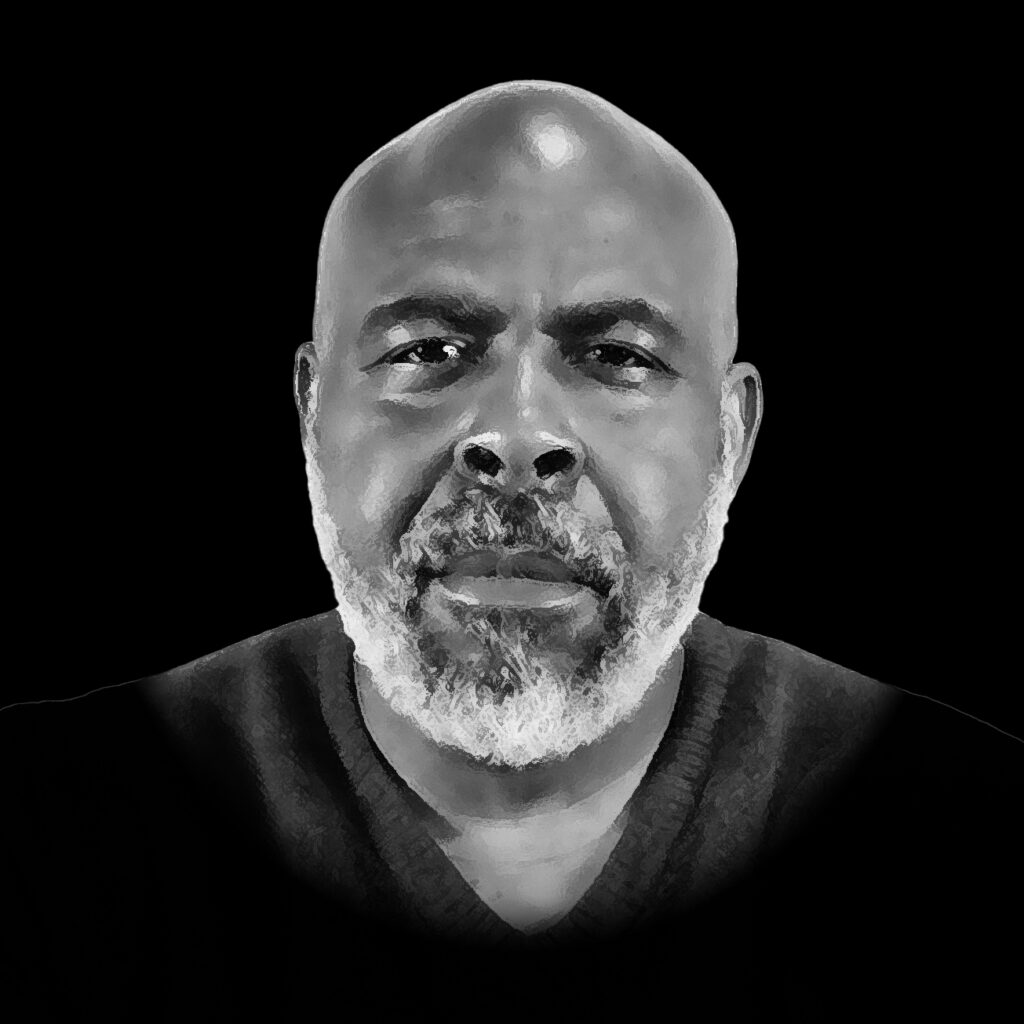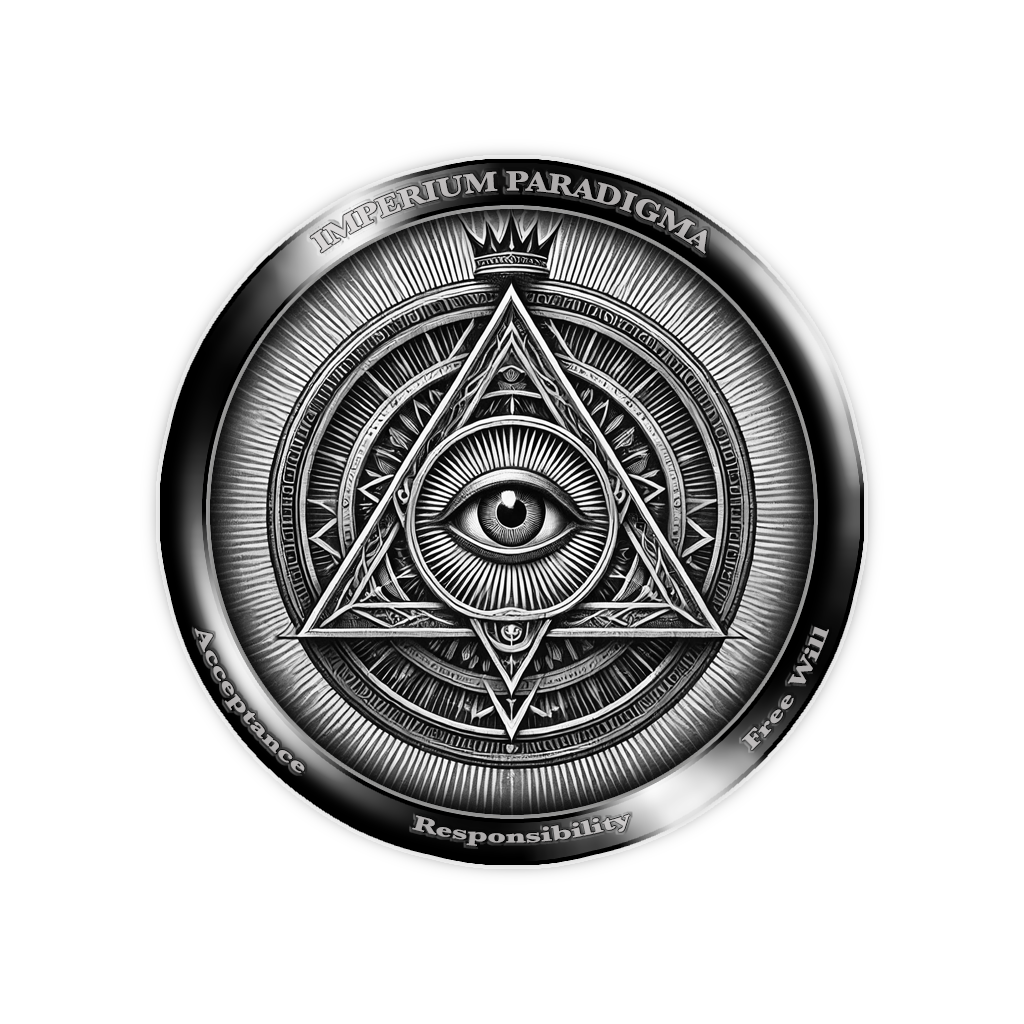Emotionally Damaged Men Are More Common Than You Think
Understanding the Concept of Emotional Damage in Men
There’s a common belief that damaged men are dangerous. But what does that really mean? Many assume that emotional damage leads to irrational behavior, unpredictability, and negative outcomes. However, the reality is more nuanced.
A damaged man can be dangerous for different reasons, depending on how he responds to the trauma he has endured. In many ways, men react to damage similarly to animals—there are three primary responses when faced with injury or emotional wounds.
Three Ways Damaged Men Respond to Trauma
1. Giving Up: The Danger of Self-Destruction
One reaction to trauma is complete surrender. A man in this state gives up on life, consumed by self-pity and hopelessness. He no longer fights for himself, his dreams, or even his responsibilities. This form of danger primarily affects the individual.
He might not pose an immediate threat to others, but his lack of willpower and motivation can lead to a downward spiral of self-neglect, depression, and isolation. This state of being can make him incapable of fulfilling his role as a father, partner, or friend, which in turn affects those who rely on him.
2. Hiding the Pain: The Burden of Concealment
Another response is to mask the pain. Many men take this route, pretending to be fine while carrying their injuries in silence. They do this to avoid appearing weak or vulnerable, believing that showing their wounds will make them prey to the world.
The issue with this approach is that hidden wounds don’t heal on their own. They remain under the surface, waiting for pressure to expose them. The moment life applies stress, the cracks become evident, and the concealed damage manifests. The man who was perceived as strong suddenly collapses when others need him the most. This creates a situation where he becomes unreliable, possibly endangering himself and those who depend on him.
3. Overcompensating Through Aggression
Some men adopt an offensive stance as a defense mechanism. They act aggressively, portraying themselves as dominant to avoid being perceived as weak. This type of man seeks to instill fear in others, ensuring no one sees his underlying vulnerabilities.
The problem is that this exaggerated aggression often results in unnecessary conflicts. He lashes out at people who don’t deserve it, not because they wronged him, but because he’s trying to protect himself from an imagined threat. This makes him a danger to others, often escalating situations that could have been handled differently.
The Reality: We Are All Damaged
One of the most critical realizations is that we are all damaged in some way. No one goes through life unscathed. Trauma, heartbreak, failure, and disappointments accumulate over time, shaping who we become. Some people might claim they’ve healed, but even healed wounds leave scars—a permanent reminder of past pain.
Consider a brand-new car rolling off the factory line in perfect condition. The moment it’s driven on the road, it starts accumulating minor damage—tiny scratches from pebbles, dents from potholes, wear and tear on the interior. Some of this damage is visible, some hidden. The same applies to people. We’ve all been exposed to the elements of life, meaning we all carry some level of damage.
Taking Responsibility for the Damage
Acknowledging our damage is only the first step. The real challenge lies in taking responsibility for our reactions.
- If we give up, we must recognize the impact of our inaction.
- If we hide our pain, we must understand that it will eventually surface.
- If we overcompensate through aggression, we must see the unnecessary harm we cause to others.
The true key to balance is recognizing our damage and choosing how to handle it responsibly. The fact that we are all damaged means that in some way, we are all potentially dangerous—to ourselves and to others. But awareness and responsibility can transform that danger into growth, strength, and resilience.
Final Thoughts
It’s not about whether or not you’ve been damaged—it’s about how you choose to deal with it. Every man must ask himself: Am I using my damage as an excuse, or am I using it as fuel for self-improvement? The more we understand and accept our own wounds, the more we can heal, grow, and become the strongest versions of ourselves.
What are your thoughts on this? Have you seen these patterns in yourself or others? Leave a comment and join the conversation.


